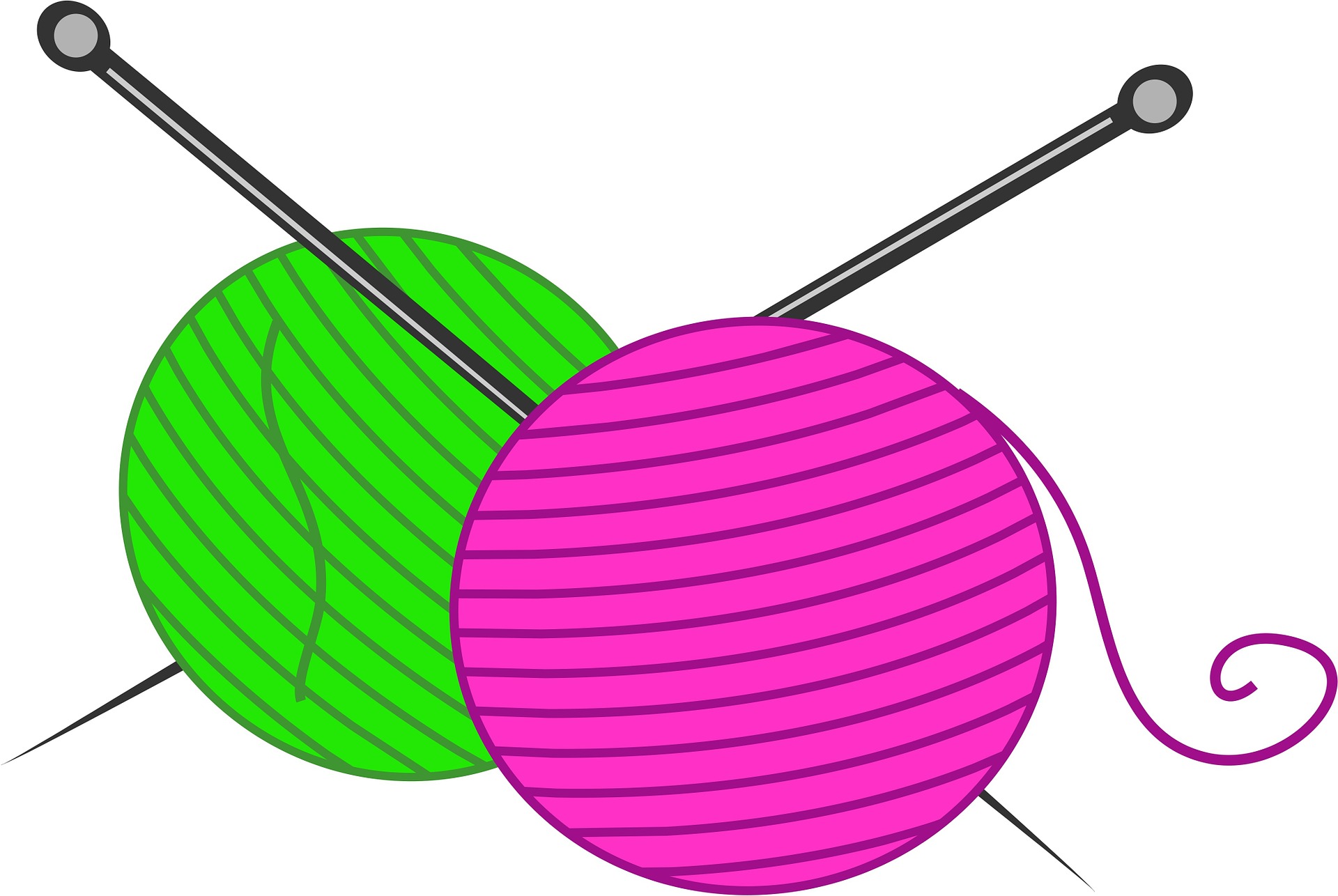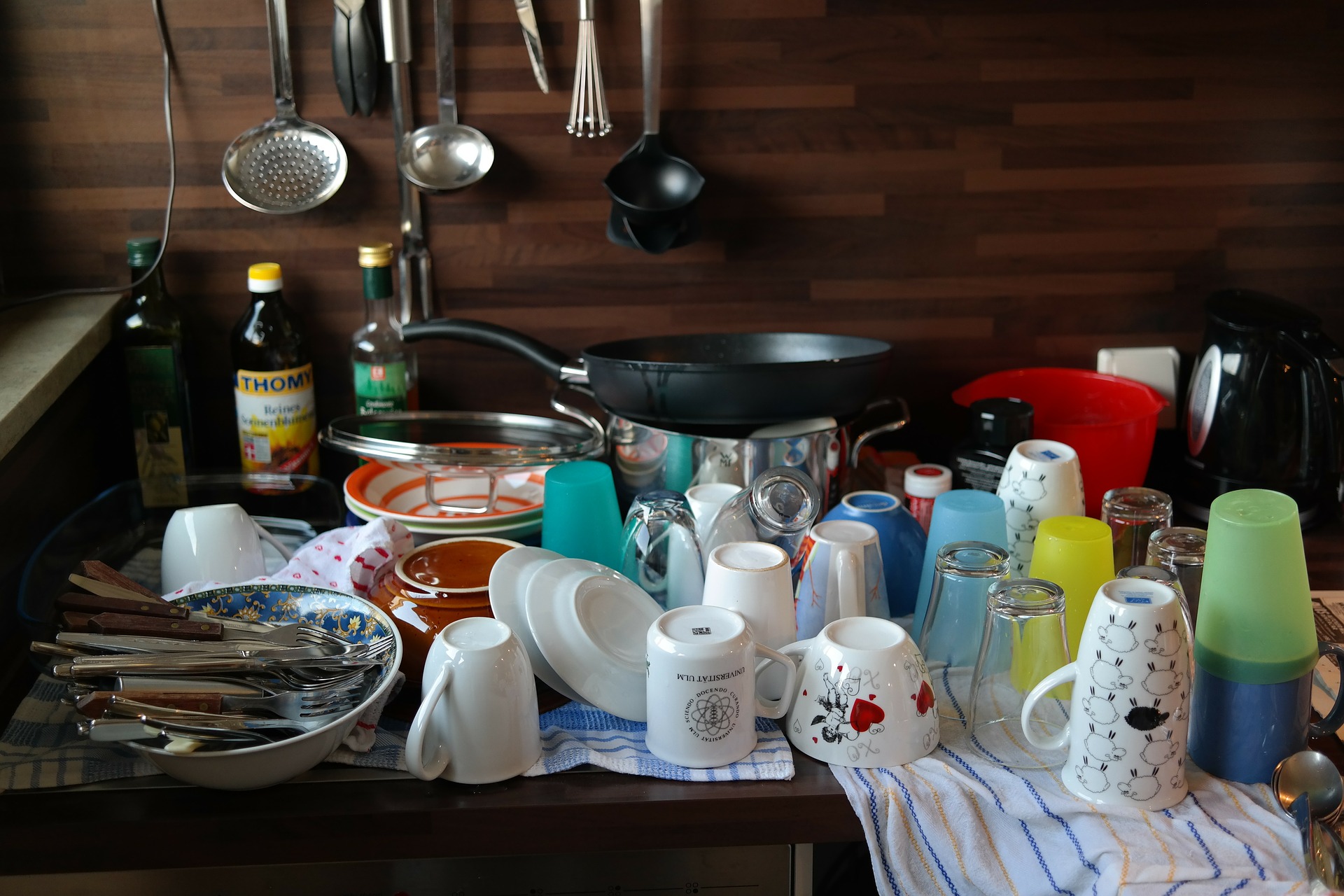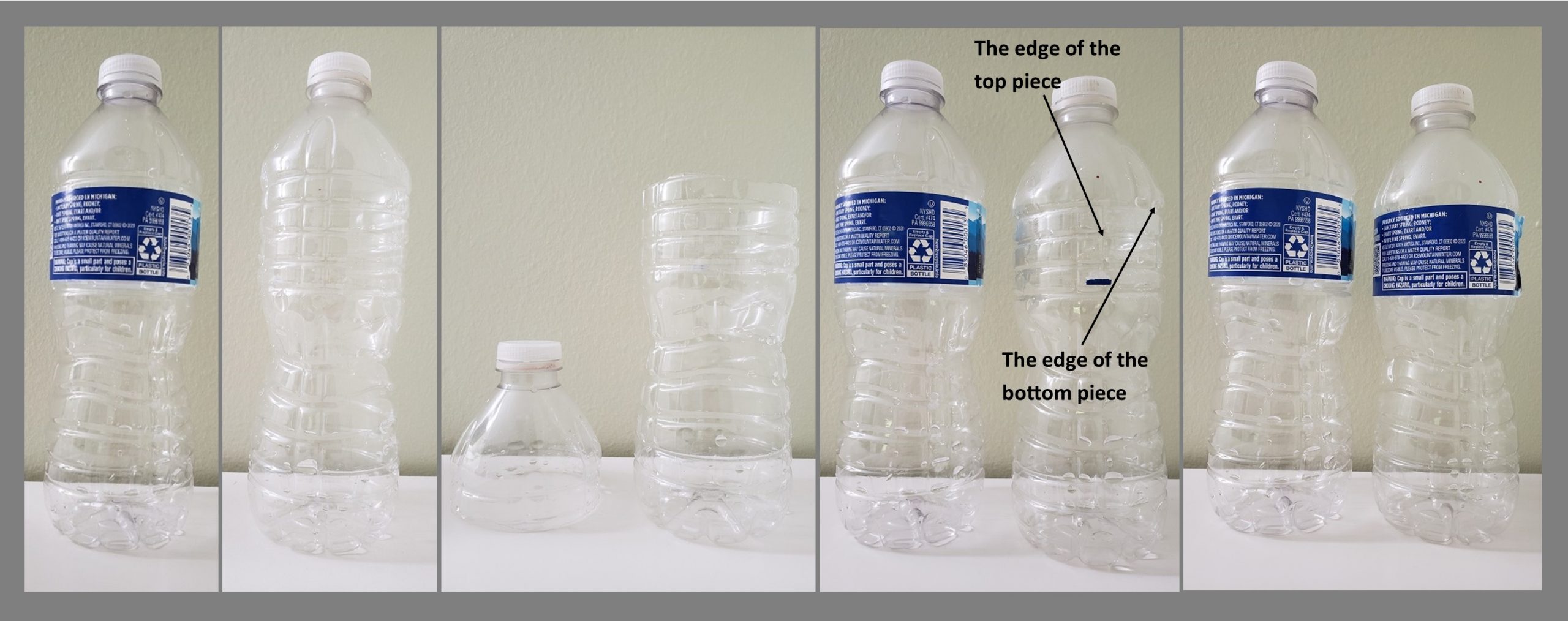… three of them are even better

I thought I knew where I got my inner peace, but I asked my wife to make sure. In her perception, I find it with my mistress. When I get an idea for a new text, I tend to sneak out to be with my first mistress. That is what my wife calls the desktop computer I use for writing. When we are away from home or when my writing requires reading first, I use a tablet, a younger, slender mistress. Even when eating dinner or watching TV, my mind still wonders about the text in progress. To check a fact, a quotation, or a phrase, I reach for my smartphone, the skinniest of my three mistresses.
Responding to my wife, I told her that I noticed that my inner peace looks very tumultuous, not much peace at all. She had an answer: “When the smoke starts coming from your head, you relax doing your gardening.” One can ask, where is the inner peace? Is it when I disconnect from daily tasks, focusing on my writing, or when I go away from them, watering my garden, for example?
Can a creative project put us at peace?
One may assume that to get creative, we need to ease the stress of our routines. That is not how it works for me. Stress invokes my creativity. When something annoys me, my gray matter goes into overdrive. Fixing a problem in front of me is exciting. If the problem is out of my reach, I can still write about how to fix it. I get that blissful feeling of accomplishing something useful, and it makes me happy.
Inner peace, at its essence, is about happiness. Every minute we face a challenge how to maneuver our lives to stay sane and happy in the real world, where our daily drudgery is often depressing. The world where our big goals rarely materialize, and our defeats hit us when we least expect them.

One needs to feel free to be happy
Happy people feel that they are the masters of their destiny. I realized that when, at the age of 12, I spent two weeks of my vacation on my grandparents’ farm. They were a placable, joyful couple. Their farm, in Poland, was half a mile of dirt road from the tiny village. They had just gotten electricity connected a few years earlier; no phone, no radio, nor TV; water from a well; and an outhouse by the barn. Horses were used to power vehicles and farm tools. But civilization was making inroads; my grandfather rode a bicycle as well.
My visit was just before a busy harvest time. Every morning, when I sat for breakfast, it was a second breakfast for my grandparents. They had already fed the pigs, milked the cows, taken them to the pasture, and handled whatever other daily errands were required. Then, I spent time with my grandfather. Every day was different. Most of the time, he did minor repairs in preparation for harvest. It stuck in my mind that a trip to a village about one mile away was a half-day project. I asked my grandpa how he knew what to do each day. He had no boss. Except, he needed to prioritize tasks that my grandma had asked him to do.
For both of my grandparents, having a farm was their life’s dream. They did not find the rudimentary living conditions to be stressful. The toil of daily routines was their choice. They felt free because they accepted the necessity of the restrictions on their freedom.
My point is that there are no practices, such as embroidery, knitting, and crafts, that can free us from the stress resulting from the restrictions on our freedom that we do not accept. Listening to music while stitching custom embroidery or meditating in the sun will not make room for our inner peace either, if we believe that we have no way out of the miseries of our routines.
Washing dishes for inner peace
My mother figured it out. When I was doing my homework during my high school years, she once approached me, asking if I would like a break. I did not, but it did not matter. She had already decided that I needed to relax by going to the garden and digging out some potatoes. It was a healthy half-mile walk from our house.
It was my introduction to her theory that the best way of easing the stress of one arduous work is by switching to another one. I found it strange at first but ended up adopting it. Later, I noticed that many people relax by organizing a messy desk or cleaning out the old email folders. Those mindless tasks free us from stress but also make our work the next day less strenuous.
We may not have the time or money to seek inner peace by getting into extra-curricular activities. But we can find time for meditation when doing everyday errands. I found that washing the dishes manually does the trick; loading a dishwasher is not as rewarding. There is always a fear that fragile glasses can break, and some dirt may remain. Hand washing gives an instant reward. The counter is clean, the wife is happy, and everything is ready when I stop in the kitchen for my next meal. I can go to my mistress and focus on fixing the world.

Satisfaction from a job well done
We tend to see our jobs and daily routines as a burden, taking our time and energy from things we may enjoy. We underestimate our ability to find inner peace in perfecting our job or everyday errands. Once, my boss was surprised when I refused to perform some nonsensical task. He argued that I should not care; he was paying me. He was shocked by my response that I have only one life to live, and there is no money he can pay me for wasting even a minute of it.
A reader may wonder why I was not fired on the spot. The answer takes us back to my grandfather, who was happy, at peace with his hard work because it was his free choice. After seeing that, I never could fit into any regular eight-hour-per-day job. I did it for a few years here and there, but I had run my businesses or had worked as an independent subcontractor for most of my life. Remarkably, the new technological advancements open many new opportunities for the gig economy, as we now call independent subcontractors.
Unfortunately, the tax law in the United States does not allow one to work as an independent subcontractor if most of the assignments come from only one provider. Also, many people prefer a regular job if an employer provides generous health insurance. Some prefer the stability of steady checks over the ups and downs of income as an independent entity. Interestingly, many Uber drivers seek permanent employment status over the freedom of setting their rates and schedule.
We end up with many people feeling that they waste their lives at the jobs they have, but they stay due to health insurance, decent pay, a convenient location, but have no joy from work itself. Unfortunately for anyone in this category, there is no way to find inner peace in a hobby or by doing yoga. To find inner peace, these people need the courage to challenge their life choices.
Going after the unknown
In one of my past businesses, we staffed a booth at many trade shows and fests. Once, during a slow-traffic hour, I decided to play a prank. I took an empty water bottle, cut it along one of the curves, and squeezed the both pieces back together, getting a bottle visibly shorter than the others. Then I turned to our temporary help, pretending that I just found out that one bottle was shorter than the others. I pointed out that the two bottles’ labels were exactly the same, but the bottles were not. That person guessed that maybe the shorter bottle was thicker. I showed that it was not. Next, to my disbelief, that person gave up on finding the cause of the difference; she did not want to look at the bottle again or hear about it.
 An illustration of the bottle test. Pictures by author.
An illustration of the bottle test. Pictures by author.
I repeated the same prank on several more occasions. Only in one instance did a person take a bottle in her hands, inspect it closely, and find out what I had done. All the other young people were intimidated by my challenge. They lacked the self-confidence that they could resolve the problems they faced. They did not even try to find the facts by taking the bottle in their hands. They gave up on solving an unknown without even trying to find out what it was.
I noticed the same when helping a high schooler with math. When knowing how to solve a problem, that person moved swiftly. But, when facing a more puzzling issue, that youngster kept giving up without any attempt to search for a solution.
* * *
My observations echo opinions I hear in media and social media that young people tend to lose hope and find life depressing. It seems like pessimism spreads; things worsen and are unlikely to be better. The way out of that gloomy hole is not by escaping reality into petty satisfactions from sideline projects. It is in finding out how to be happy in doing what it takes for us to prosper. No one can do it by avoiding scrutiny of the causes of our worries. When we inspect our problems closely, we can find out that they are easily solvable, like that modified water bottle.

 Many tell us what to think. I ask my readers to be skeptical. Question me and others.
Many tell us what to think. I ask my readers to be skeptical. Question me and others. 